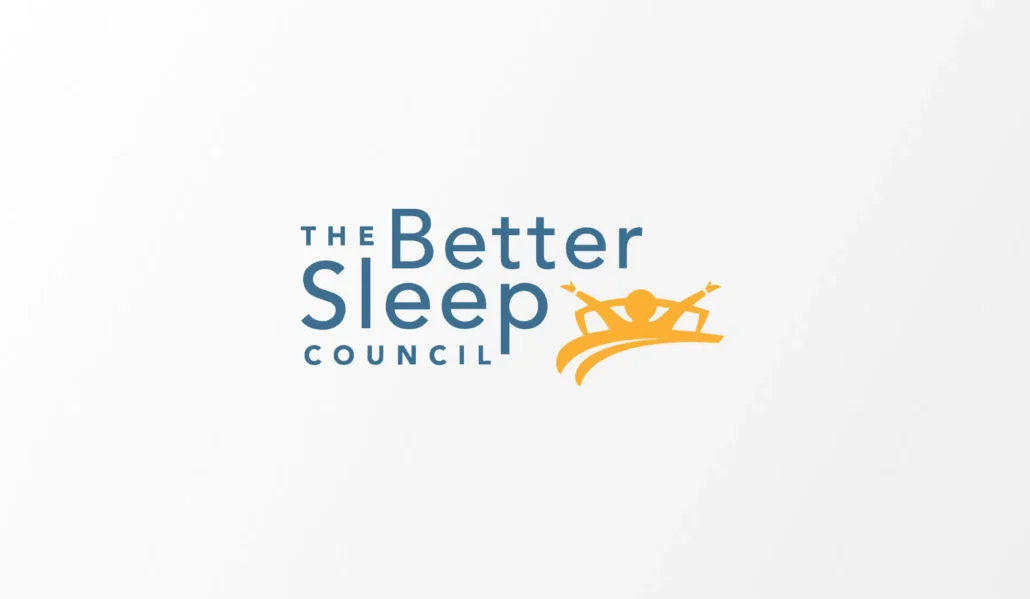ALEXANDRIA, Virginia – May 9, 2017 – Americans have trouble separating fact from fiction about sleep, according to a new study from the Better Sleep Council (BSC), the nonprofit consumer-education arm of the International Sleep Products Association (ISPA).
To coincide with May’s Better Sleep Month, the BSC looked at common misconceptions about sleep and whether Americans understand what’s correct – and what’s the stuff of legend.
Perhaps one of the most surprising misconceptions? 154 million Americans believe nothing’s really happening when they doze. Yet research shows the brain recharges during sleep and stays in an active state. Of those who believe sleep is passive, adults under the age of 50 (67%) are more likely to believe this compared to those older than 50 (51%.)
Other sleep myths still stumping Americans:
- 164 million American adults (66%) believe mattresses last about 10 years before you need a replacement. As a general rule, after seven years it’s time to evaluate your current mattress and decide if it’s time for a new one.
- American adults (43%) believe that a person can catch up on lost sleep over the weekend. In reality – you just can’t bank sleep.
- 151 million American adults (61%) believe that the best mattress for a sore back is one that is very firm. Mattresses are a personal choice, and while in general, a firm mattress is often recommended, the mattress that will alleviate back issues for one person may not be the same for another. And one person’s criteria for “firm” can be very different from another’s.
- About 122 million American adults believe it’s illegal to remove mattress tags. Truth be told, it’s fine for consumers to take off the tag after purchase – there are no mattress police. Men (53%) were more likely to believe this compared to women (45%).
- Some 122 million Americans believe some people don’t dream. Everyone has dreams, even if you can’t recall them. Again, men (52%) were more likely to believe this than women (46%).
This month, the Better Sleep Council redesigned and updated their website to better educate consumers and to debunk common sleep myths.
“Most of us spend on average around 26+ years in bed, so it’s important for consumers to have an unbiased, unbranded resource on sleep and how to find a mattress that will help them get their best rest,” said Mary Helen Rogers, vice president of marketing and communications for ISPA. “Our newly launched website will help consumers get the information they need to do just that.”
About the BSC
The Better Sleep Council is the consumer education arm of the International Sleep Products Association, the trade association for the mattress industry. With decades invested in improving sleep quality, the BSC educates consumers on the link between sleep and health, and the role of the sleep environment, primarily through www.bettersleep.org, partner support and consumeroutreach.

